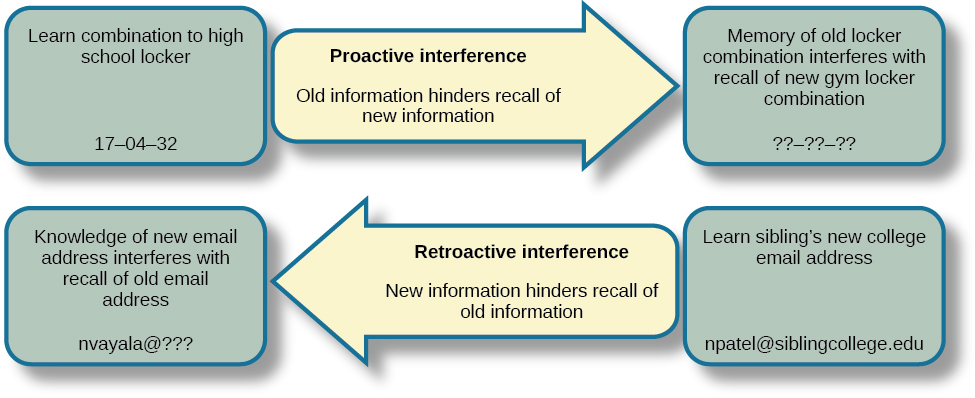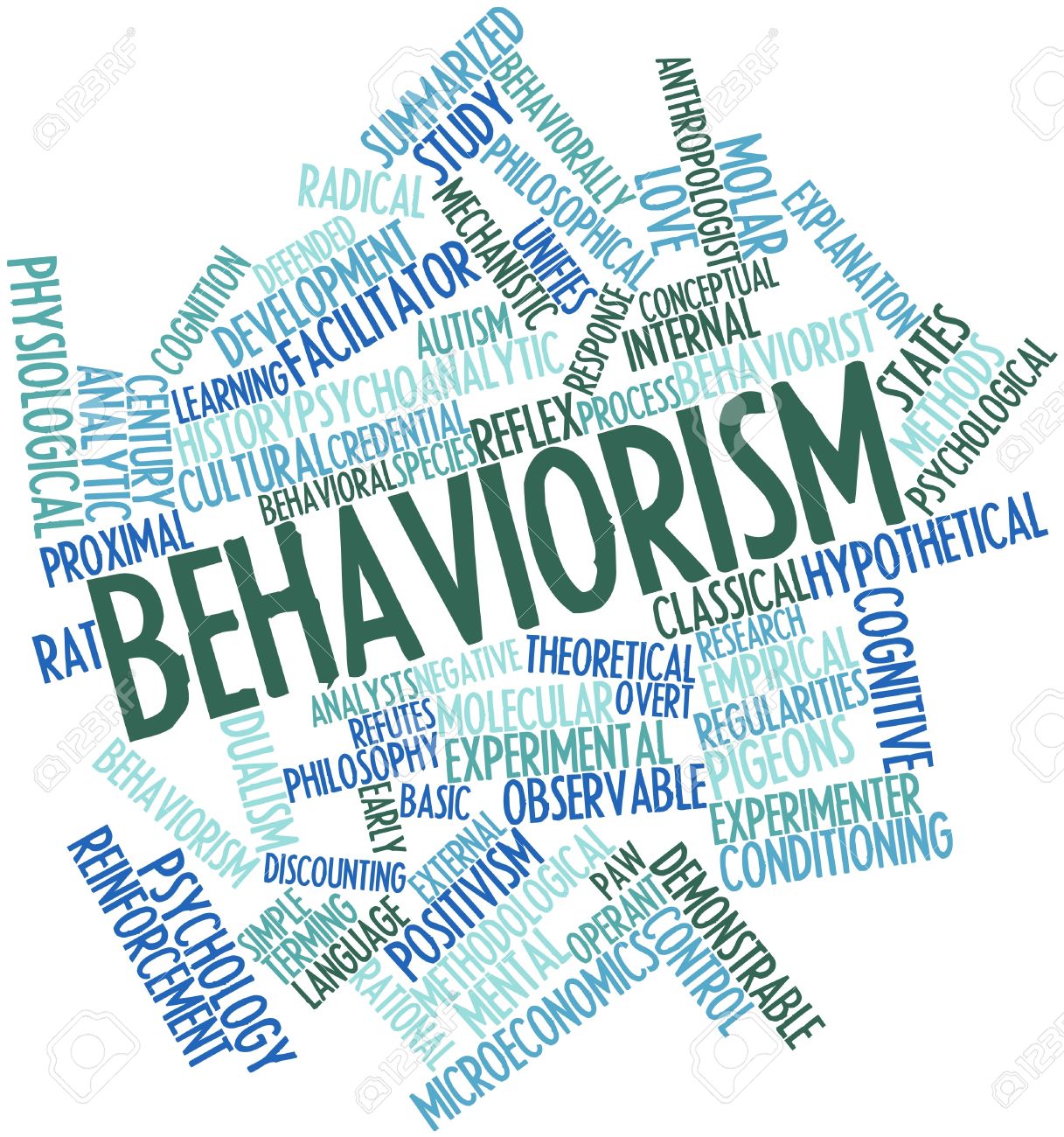Cognitive therapy involves the individual working collaboratively with the therapist to develop skills for testing and modifying beliefs, identifying distorted thinking, relating to others in different ways, and changing behaviors. Cognitive therapy is a type of therapy where the therapist will try to force the patient to adapt their thinking into a more positive way. Negative and unrealistic thoughts can cause patients distress and result in problems. When a person suffers with psychological distress, the way in which they interpret situations becomes skewed, which in turn has a negative impact on the actions they take. Many people suffering from depression often are extremely hard on themselves, and blame everything that goes wrong on themself. Therapists apply cognitive therapy when they see their patients view most events with a negative perspective, and personally decrease their self esteem. In our class, we mentioned Aaron Beck, and how he trained his depressed patients to daily record positive events. After Beck had his patients record the positive events, he would ask the patients to list how they contributed to the positive action. This helps train the patient’s brain to think positively towards their own self. 
After hearing Dr. Wede talk about cognitive therapy, and what it entails, I realized that it was the technique my therapist used to help treat me. Junior and senior year of highschool I was depressed, and thought very negatively towards myself and basically hated myself. When I began seeing a therapist for help, she diagnosed me with depression and anxiety, and began learning my behaviors to help treat me. About a month or two into my treatment, my therapist asked me to keep a journal, whether it be on my phone, or in a book for every time throughout the day where I was happy or something good happened to me. Then in our sessions, she would ask me to speculate why I was happy, and how I contributed to the action that caused me to feel happy. She also asked me what I was doing during those happy times, and encouraged me to increase those activities that made me happy. A specific example I remember telling my therapist was when I was driving with my three friends, singing our favorite song as loud as we could. I remember feeling so happy and grateful in that moment, and when my therapist asked me to identify how I contributed to the moment I said how I have a nice personality so I was able to acquire good friends that are similar to me and care for me. Through this therapy I was able to recover, and think positively towards myself without damaging my self esteem.

Works Cited
“What Is Cognitive Behavioral Therapy: CBT Info Los Angeles.” Cognitive Behavioral Therapy Los Angeles, cogbtherapy.com/about-cbt.
Mcleod, Saul. “Cognitive Behavioral Therapy.” Cognitive Behavioral Therapy | CBT | Simply Psychology, 1 Jan. 1970, www.simplypsychology.org/cognitive-therapy.html.



